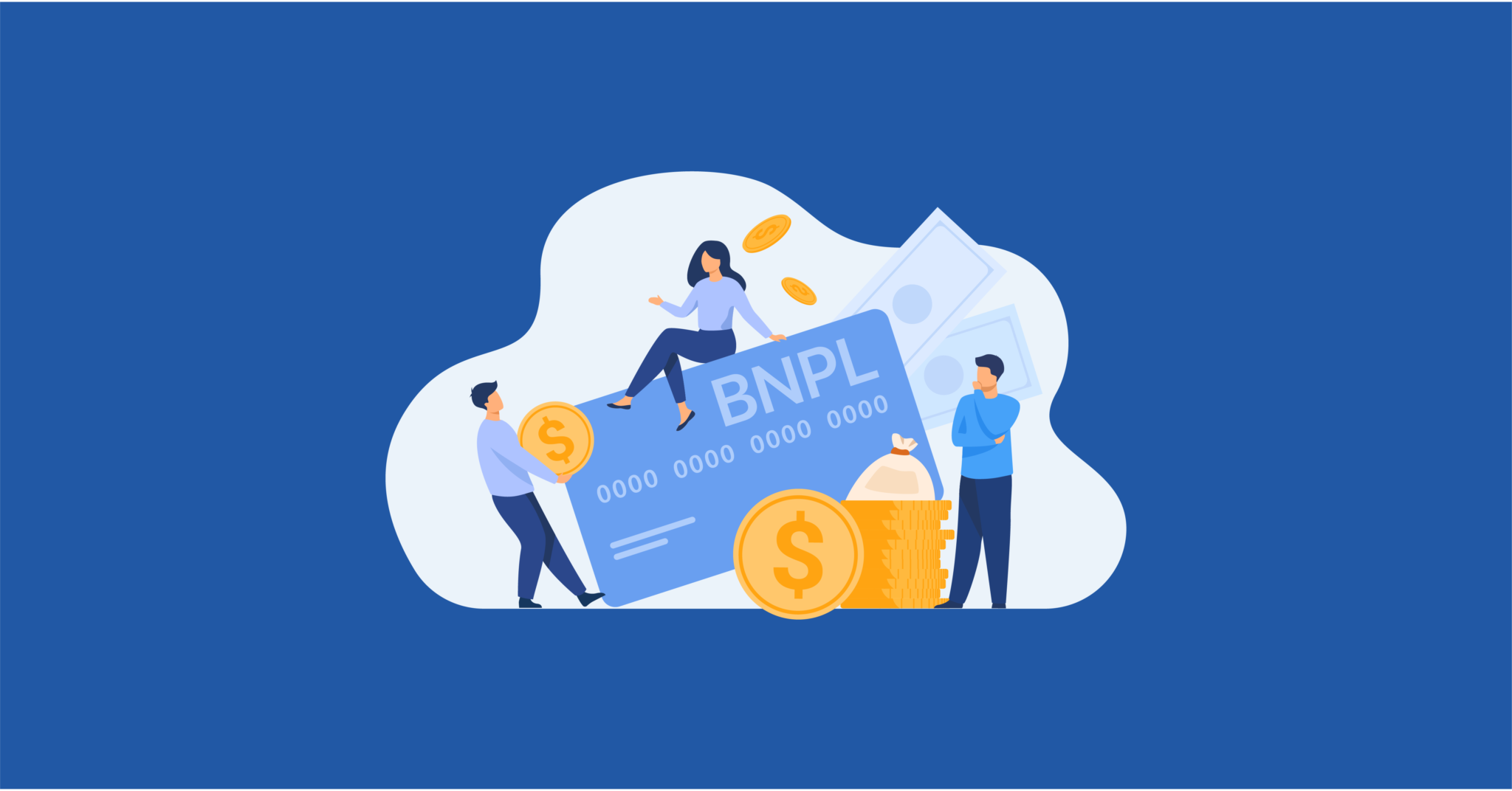Buy Now, Pay Later International Regulation: Going for Gold

Even though the 2022 Winter Olympics have come to an end, countries are still competing for the “gold” when it comes to Buy Now, Pay Later (BNPL) regulations.
Government oversight of BNPL companies varies across the globe, but it was only a matter of time before regulators decided to take a closer look at these typically unregulated products. Our judges decided to have a closer look as well-below you will find the top seven nations competing to get a spot on the podium when it comes to regulating this emerging financial option and protecting consumers.
Singapore
Coming in last place is the Republic of Singapore. In October 2021, the Monetary Authority of Singapore (MAS) assessed if a regulatory framework was needed to guide BNPL payment options as they become more widely used, including the adoption of fair dealing practices by BNPL providers.
Senior Minister and MAS chairman Tharman Shanmugaratnam stated that BNPL schemes currently “do not pose a significant risk to household indebtedness” in Singapore given how they are not widely used compared with other payment methods, but the increase in regulatory attention in countries like the U.K. and the United States is anticipating increased usage of BNPL products in the country.
Canada
Taking sixth place is Canada. The Financial Consumer Agency of Canada (FCAC) increased its scrutiny of BNPL in late 2020, prompting the agency to publish additional guidance about the services on its website in March 2021.
A 52-page report on BNPL in Canada was submitted to the agency in October 2021 and was published on November 15th, 2021. The goal of the study was to broaden the FCAC’s understanding of the BNPL market in Canada from the perspective of consumers.
Although the FCAC identified potential risks of over-borrowing and over-indebtedness, the FCAC study shies away from recommending regulations or regulatory oversight. Instead, the FCAC concludes that it will:
- Continue to monitor the evolution of the BNPL market in Canada and internationally, and conduct targeted follow-up research on BNPL services in Canada
- Seek to coordinate with provincial and territorial oversight authorities to help support, to the extent possible, the sharing of insights and expertise and the harmonization of approaches to oversight
- Continue to provide consumers with access to timely, effective, and unbiased educational information on BNPL services to foster responsible use of BNPL services.
Canada has province-by-province complexities, which present an additional layer of challenges to BNPL firms looking to comply with the consumer protection rules. While some provinces may take a more liberal approach, others, such as Québec, place strict limitations on how credit can be advertised in conjunction with advertisements for consumer goods. These rules can impact not only the content of disclosures but also the timing of the credit offering within a particular transaction (i.e., such as the ones offered within a credit card statement).
Ireland
In fifth place is the Republic of Ireland. In June 2021, The Minister for Finance published a Consumer Protection Bill that updated the BNPL definition and brought the product within the scope of the regulatory regime for Retail Credit Firms, even those that provide credit indirectly via retailers.
Sweden
Just missing the podium and coming in fourth is Sweden. In July 2020, the Swedish Parliament approved an amendment to the Swedish Payment Services Act that introduces a new provision regarding the display of payment solutions online.
The new provision applies in the situation where a consumer buys goods or services online and contains two new requirements:
- If a merchant accepts at least one payment option that doesn’t involve the extension of credit to the consumer, the option must be listed first in its list of available payment options.
- If a merchant accepts at least one payment option that doesn’t involve the extension of credit to the consumer, the merchant can no longer be able to pre-select paying with invoices or installments in their online checkouts.
United States of America
Taking home the bronze is the United States, even though BNPL firms remain largely unregulated directly. Given the nature of “pay in four” payment plans, BNPL typically falls outside of the Truth in Lending Act (TILA)/Regulation Z, which covers the disclosure and other requirements for companies providing “longer-term” credit instruments.
But, while no formal regulation has been passed yet, the imminent overseeing of the BNPL space seems to be coming shortly. In July 2021, the CFPB published a blog titled, “Should you buy now and pay later?” about the processes, benefits, and risks of BNPL products. Later that same month, the CFPB also took its first enforcement action against a BNPL lender for failing to provide its merchants adequate and sufficient training.
Then in November 2021, the American Bankers Association submitted a statement for the record for a House Financial Services Fintech Task Force roundtable on “buy now, pay later” fintech products. In the statement, the ABA asked the Task Force “to examine whether there is a need for non-bank BNPL providers to be subject to the same level of oversight [as BNPL offerings from banks].” That same month, the Committee on Financial Services in the U.S. House of Representatives (which has oversight of the CFPB) urged the CFPB to take a closer look at the products provided by BNPL to better understand their potential risks and benefits.
In December of 2021, the CFPB opened an inquiry into BNPL credit and issued a series of orders to five BNPL companies to collect information on the risks and benefits of these fast-growing loans, specifically with concerns surrounding accumulating debt, regulatory arbitrage, and data harvesting. The due date for these companies to turn over the required information to the CFPB just passed on March 1st, 2022. Now we wait for updates and to see what the Bureau’s next steps are.
In January 2022, the CFPB also issued a pubic inquiry for anyone interested in the BNPL space to submit comments-including families, small businesses, and international regulators, with comments to be received on or before March 25, 2022.
There’s an additional level of uncertainty facing companies in the U.S. today beyond the shifting regulatory regime. Recent class-action suit data may suggest a troublesome trend via consumer lawsuits that are challenging BNPL features, alleging that certain companies offering BNPL payment options have failed to disclose to consumers certain unfavorable terms and potential fees in the event payments fall behind schedule. Perhaps an even greater concern is that these suits have been brought in three different states, suggesting a lack of harmonization nationally and leading to costly state-by-state challenges.
It’ll be interesting to see what happens with BNPL regulation in the U.S. over the next couple of months, and here at PerformLine, we’ll be keeping a close eye.
United Kingdom
Receiving the silver medal is the United Kingdom. Starting in February 2021, the FCA published The Woolard Review that set out 26 recommendations for the FCA, UK government, and other bodies to reform the unsecured credit market.
Then in July 2021, the FCA published its 2021/22 Business Plan that states their plan to consult on new rules for BNPL in 2022 and is developing its approach to the authorization gateway and supervision.
Most recently, on February 14th of this year, the U.K. Financial Conduct Authority has secured changes to the contracts of four BNPL providers. Certain terms, including contract cancellations, continuous payment authorities, and right of set-off terms, will be made fairer and easier to understand.
This was done under the FCA’s powers as an unfair terms regulator under the Consumer Rights Act 2015 to ensure that firms comply with consumer protection legislation.
Australia
Taking home the gold in the first place is Australia. In March 2021, the Australian Finance Industry Association (AFIA) announced its Code of Practice for the Buy Now, Pay Later sector. According to their statement, “AFIA’s BNPL Code goes above and beyond the law in Australia, setting best practice standards for the sector and strengthening consumer protections. It does this while preserving customer choice to make purchases and payments in a way that suits their needs and preferences.”
BNPL providers compliant with this code must carry out assessments before a customer can make a purchase and conduct additional checks to prevent consumers from stretching their arms further than their sleeve will reach. BNPL disputes under the code will be managed by the Australian Financial Complaints Authority, where a designated committee will have the power to publicly denounce companies that provide loans services outside the Code’s standards.
For an overview of international BNPL regulation, check out our interactive world map.
The Closing Ceremony-It’s Far From Over
While we bid farewell to the Olympics and its various sporting events this year, the financial games are just heating up.
Amid all this uncertainty around the fate of BNPL regulation, one thing is sure-being proactive in consumer protection and compliance initiatives is key to getting ahead of any anticipated regulatory scrutiny, no matter what it looks like.
Join the other BNPL leaders working with PerformLine to proactively onboard and monitor their merchant partners to make their marketing compliance scalable, actionable, and efficient. Our team of experts is ready to help!


